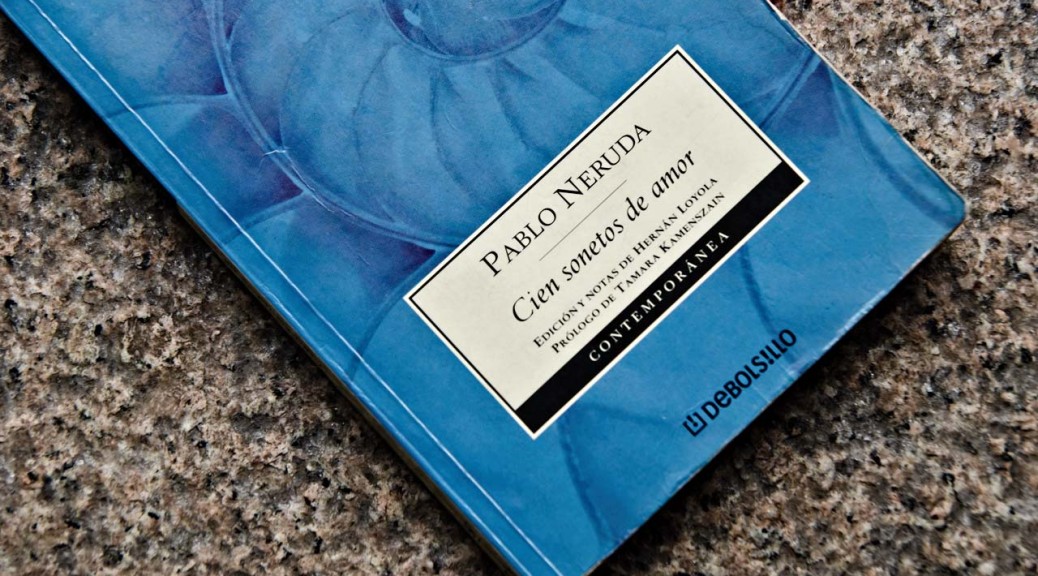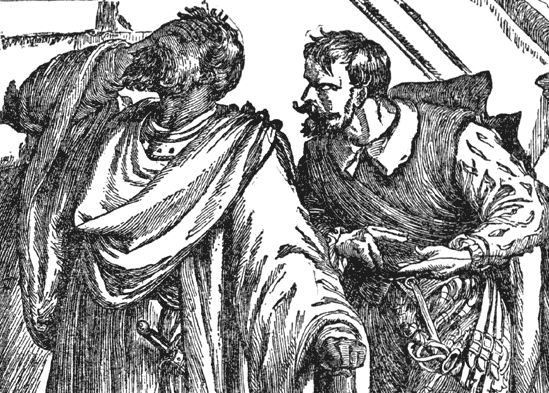
Monthly Archives: February 2017


Guangqumennei

feb. 16 | suyeong tunnel

feb. 15 | 욜로는 금련산에 있어요

feb 14 | 붉은 달

feb 13 | 금련산

Cien Sonetos de Amor
Neruda, Pablo., and Tamara Kamenszain, Cien sonetos de amor. Barcelona, España: Debolsillo, 2006. Print.

쵸코는 금련산에 있어요

Machiavelli’s The Prince
Podcast: Machiavelli: Nigel Warburton and Prof. Quentin Skinner
Machiavelli’s The Prince
The Prince as a centaur:
“He says that the ancients understood state craft better, when they figured The Prince as a centaur. The centaur is half man and half beast, and that’s what it is to understand state craft. Manly virtue will never be enough, you’ve got to be ready for beastliness, and the centaur is half beast. Now, that is presented directly as a satire of Cicero.”- Prof. Skinner
Cicero: the fox and the lion
“Cicero had said, ‘Force is beastly and is to be avoided, that is simply the lion. Fraud is beastly and that is to be avoided, that is simply the fox’. And Machiavelli says, ‘Since you need to know how to be beastly, you had better know which particular beasts to imitate, and then in the most famous phrase in the book he says, ‘Those who have done best as princes in our time have known how to imitate the lion and the fox’.” – Prof. Skinner
‘You’re going to have to cheat, you must do your best to appear not to be cheating’, and that again is satirical in respect of Cicero’s De Officiis, because one of the things which Cicero keeps telling us is, ‘Fraud will always be found out. So you cannot gain true glory by pretence’, I’m now quoting Cicero, ‘because your pretences will always find you out’ And that becomes a biblical thought too. ‘Be sure your sins will find you out’. Now, one of the most important things that Machiavelli wants to tell The Prince is not to worry about that, because it’s not true. And he’s very keen on the fact that The Prince is not performing his politics in republican conditions. In republican conditions, you’re out in the piazza, everyone has a vote, it’s all public. People are watching you. You’ve only been elected, their turn will come, it’s a communal activity, everything is in the bright light of day. It’s not so for The Prince.” – Prof. Skinner
.
From Chapters 15-24 “‘Be courageously evil where it’s necessary to be evil, but otherwise follow what people regard as the virtues as much as possible. Because if you don’t, they’ll hate you, and if they hate you, you’re in trouble’. -Prof. Skinner
See Shakespeare’s Iago
The Prince as a critique of Seneca‘s ‘De Clementia’, ‘De Beneficiis’ ‘concerning benefits’, and Cicero’s De Officiis, Concerning One’s Offices.

La muerte de Séneca. 1871. Manuel Domínguez Sánchez. Museo de Prado, Madrid. El título completo dado por el pintor fue: Séneca, después de abrirse las venas, se mete en un baño y sus amigos, poseídos de dolor, juran odio a Nerón que decretó la muerte de su maestro. Via Wikimedia.
La fortuna
Essarai non buono
“Machiavelli does himself say at one point in Chapter 15 – this pivotal and notorious chapter where he introduces the virtuoso prince who is not always virtuous. He says ‘I’m teaching you that sometimes you must learn, how not to be good’, and it’s interesting he doesn’t say there, virtuoso, he says buono, a good person. ‘Essarai non buono’ – how not to be a good person.”” – Prof. Skinner
Salus populi suprema lex esto (The health of the people should be the supreme law) from Cicero’s De Legibus.
Machiavellian morality vs. Christian morality and classical morality.
“If you’re a prince, you need to go against conventional Christian or classical morality, if you’re an ordinary person, perhaps, you may want to carry on according to Christian or classical morality.” -Prof. Skinner
Read:
Isaiah Berlin’s essay The Originality of Machiavelli









